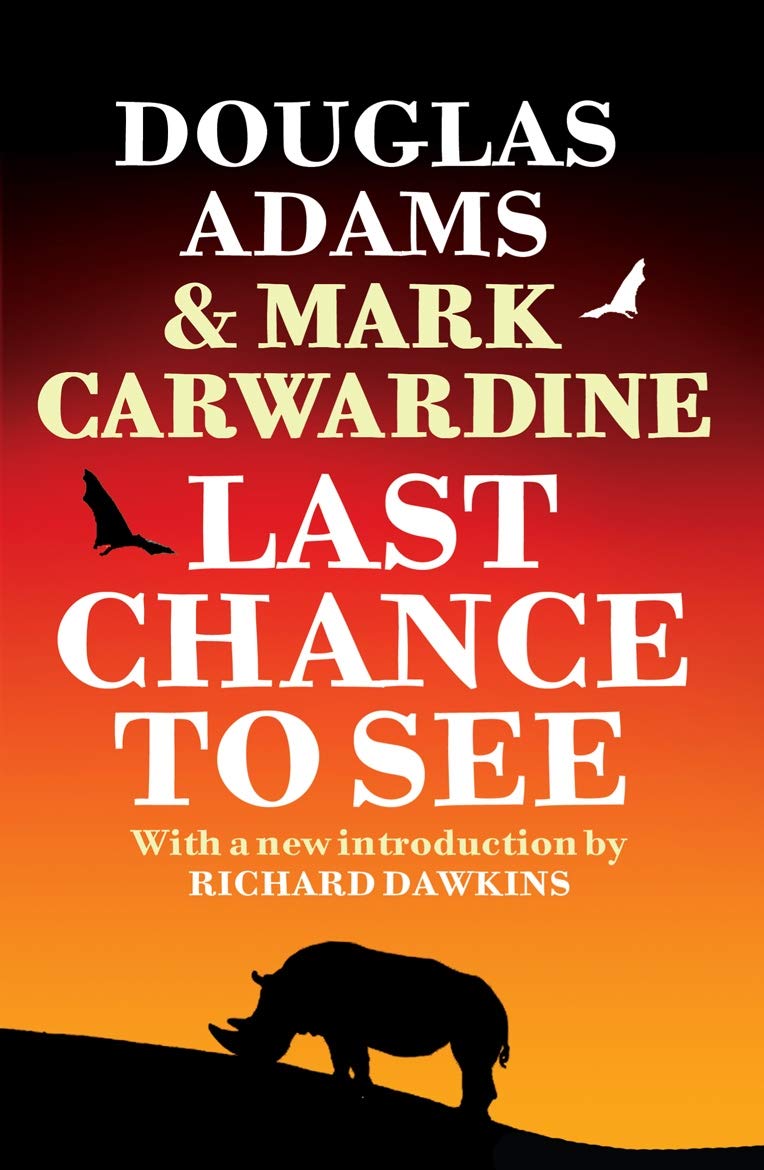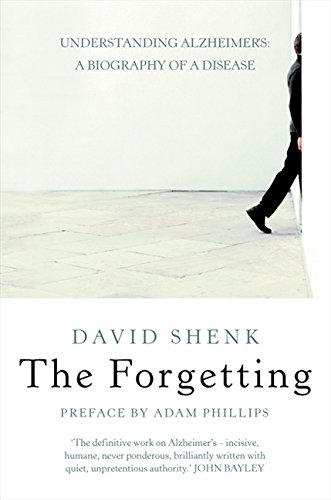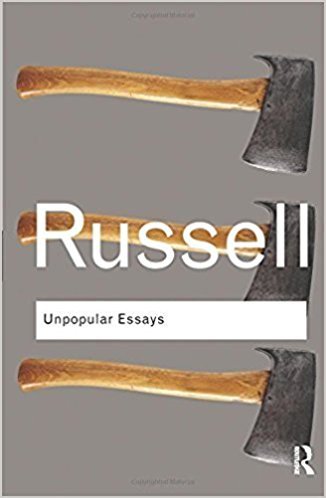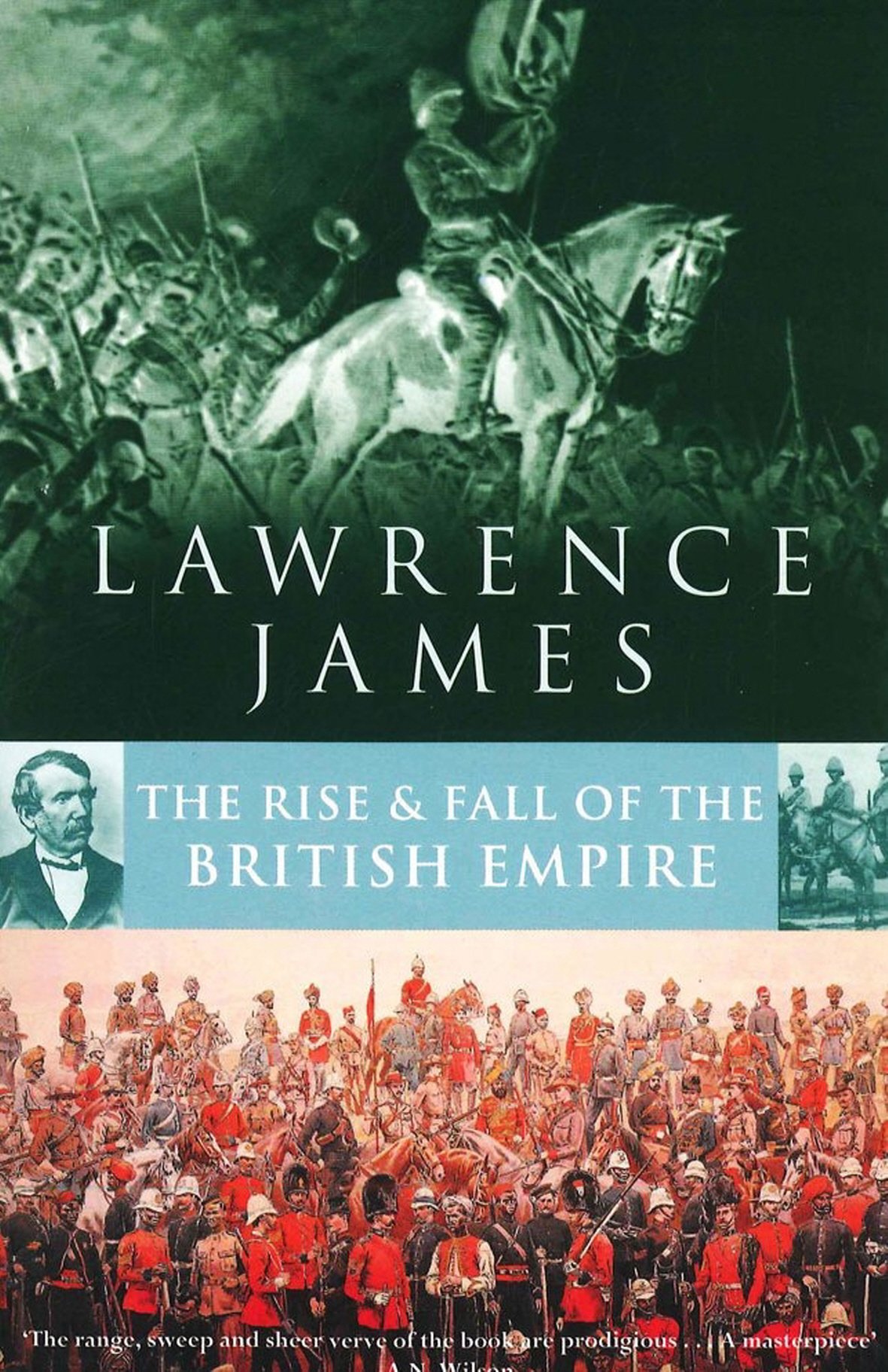Old Formula, New Constituents
Hi!
 I once again extol
the virtues of armchair travelling. Douglas Adams was a hugely popular science
fiction writer. His trilogy of The Hitchhiker’s Guide to Galaxy, was a
phenomenon in the multimedia world of TV and books. He presented hard
scientific facts in an easy, greatly funny prose, without distorting their
meaning. In Last Chance to See, he writes about his travels to different
continents with Mark Carwardine, a Zoologist. These were occasioned by the desire
to view certain rare species of animals that are on the brink of extinction.
Some of these are: nocturnal Lemur of Madagascar, Komodo Dragon of Cambodia, Mountain
Gorillas in Zaire, and the flightless parrot Kakapo of New Zealand. Book is
engrossing. Douglas’s wit is marvellous. His language is elegant in its ease
and fluidity. The remote locales and the rare animals he describes are
exquisite. Can a book be worth more for the few pennies it costs and little
time it demands?
I once again extol
the virtues of armchair travelling. Douglas Adams was a hugely popular science
fiction writer. His trilogy of The Hitchhiker’s Guide to Galaxy, was a
phenomenon in the multimedia world of TV and books. He presented hard
scientific facts in an easy, greatly funny prose, without distorting their
meaning. In Last Chance to See, he writes about his travels to different
continents with Mark Carwardine, a Zoologist. These were occasioned by the desire
to view certain rare species of animals that are on the brink of extinction.
Some of these are: nocturnal Lemur of Madagascar, Komodo Dragon of Cambodia, Mountain
Gorillas in Zaire, and the flightless parrot Kakapo of New Zealand. Book is
engrossing. Douglas’s wit is marvellous. His language is elegant in its ease
and fluidity. The remote locales and the rare animals he describes are
exquisite. Can a book be worth more for the few pennies it costs and little
time it demands?
May I remind you that the name of the book in Italics and Blue font is linked to the page with detailed review of the book.
 Oliver Sacks, in his
famous book The Man Who Mistook His Wife for a Hat, writes about the
curious case of Jimmie G., an ex-mariner who lost his memory decades back
and now only lives in past. He doesn’t know that thirty years have gone since
US won the Second World War. He still considers himself in his thirties and
cannot explain his greyed hair. Jimmie at least has access to retrograde
memory- memory of events before the onset of illness- and thus has a conception
of himself and the world, however removed from reality. People who lose complete memory are nothing but living dead. Advanced Alzheimer’s is one affliction that
gradually destroys its victim’s memory and with it everything that made them
human. Memory is central to our existence. Plight of an elderly in the grip of
this malady is deeply harrowing. Initially the victim is perpetually bewildered
as they realise, they have forgotten the essential acts of daily living like
eating, washing, sitting, their own names and those of their family members.
This bewilderment is later replaced by a perpetual blank expression in their
features as memory loss becomes complete. Agony of their caretakers is no less,
if not more. David Shenk in his book, The Forgetting-Understanding
Alzheimer’s, attempts to offer a holistic picture of the affliction. Book
is short and Shenk does manage to provide much information in simple, readable
format. Book will answer some questions of a curious reader and may excite
search for more on this matter.
Oliver Sacks, in his
famous book The Man Who Mistook His Wife for a Hat, writes about the
curious case of Jimmie G., an ex-mariner who lost his memory decades back
and now only lives in past. He doesn’t know that thirty years have gone since
US won the Second World War. He still considers himself in his thirties and
cannot explain his greyed hair. Jimmie at least has access to retrograde
memory- memory of events before the onset of illness- and thus has a conception
of himself and the world, however removed from reality. People who lose complete memory are nothing but living dead. Advanced Alzheimer’s is one affliction that
gradually destroys its victim’s memory and with it everything that made them
human. Memory is central to our existence. Plight of an elderly in the grip of
this malady is deeply harrowing. Initially the victim is perpetually bewildered
as they realise, they have forgotten the essential acts of daily living like
eating, washing, sitting, their own names and those of their family members.
This bewilderment is later replaced by a perpetual blank expression in their
features as memory loss becomes complete. Agony of their caretakers is no less,
if not more. David Shenk in his book, The Forgetting-Understanding
Alzheimer’s, attempts to offer a holistic picture of the affliction. Book
is short and Shenk does manage to provide much information in simple, readable
format. Book will answer some questions of a curious reader and may excite
search for more on this matter.
 Critics once took
Bertrand Russel to task for one of his books which they had found a little
difficult to comprehend. Its difficulty, according to them, was contrary to his
claim in the book that philosophy proper deals with matters of interest to the
general educated public. Therefore, not wishing to expose himself to similar
ridicule again he admits that certain sentences in the present book, Unpopular Essays, are such that an unusually stupid child of ten might find a little
puzzling. On this ground he does not claim that these essays are popular and if
not popular then unpopular. In the book, Bertrand Russel, one of the most
celebrated intellectuals of twentieth century, writes on themes which would not
go down well with many specialists of these fields. He writes about the staid,
uninspiring themes in philosophy, its political bias, lack of clarity in its
thought and its propensity to deify the deprived in society. He expounds his
views on World Government, the role of a teacher and many such subjects, all in
his incisive, forthright and luminous prose. Book is a plain delight.
Critics once took
Bertrand Russel to task for one of his books which they had found a little
difficult to comprehend. Its difficulty, according to them, was contrary to his
claim in the book that philosophy proper deals with matters of interest to the
general educated public. Therefore, not wishing to expose himself to similar
ridicule again he admits that certain sentences in the present book, Unpopular Essays, are such that an unusually stupid child of ten might find a little
puzzling. On this ground he does not claim that these essays are popular and if
not popular then unpopular. In the book, Bertrand Russel, one of the most
celebrated intellectuals of twentieth century, writes on themes which would not
go down well with many specialists of these fields. He writes about the staid,
uninspiring themes in philosophy, its political bias, lack of clarity in its
thought and its propensity to deify the deprived in society. He expounds his
views on World Government, the role of a teacher and many such subjects, all in
his incisive, forthright and luminous prose. Book is a plain delight.
 British Empire at
its apogee ruled twenty three percent of the world population and was spread
over a similar proportion of earth’s land mass. Thus, it is inextricably linked
with history of many countries in the modern world. A nation is carved by the
forces of its history. To deny a particular history or to see it through the prism
of a bias, only muddles clear understanding of ourselves and our country.
Popular books on the history of British Empire often exhibit a marked bias. They
are either unabashed eulogies or a no-holds-barred polemic. To suggest that
some good- doubtlessly unintentional- may have accrued to the world due to this
rule is to commit a sacrilege deserving of severest damnation. Lawrence James’s
The Rise and Fall of British Empire is a non-partisan history of Pax Britannica
stretching from its beginnings in late sixteenth century to its ultimate demise
in twentieth century. It’s a huge canvas and Lawrence James has painted an interesting
picture. It is written exceptionally well and reads like a nicely told story. I’m
an amateur fan of history and can’t appreciate its finer aspects. But I feel
most history buffs will love it.
British Empire at
its apogee ruled twenty three percent of the world population and was spread
over a similar proportion of earth’s land mass. Thus, it is inextricably linked
with history of many countries in the modern world. A nation is carved by the
forces of its history. To deny a particular history or to see it through the prism
of a bias, only muddles clear understanding of ourselves and our country.
Popular books on the history of British Empire often exhibit a marked bias. They
are either unabashed eulogies or a no-holds-barred polemic. To suggest that
some good- doubtlessly unintentional- may have accrued to the world due to this
rule is to commit a sacrilege deserving of severest damnation. Lawrence James’s
The Rise and Fall of British Empire is a non-partisan history of Pax Britannica
stretching from its beginnings in late sixteenth century to its ultimate demise
in twentieth century. It’s a huge canvas and Lawrence James has painted an interesting
picture. It is written exceptionally well and reads like a nicely told story. I’m
an amateur fan of history and can’t appreciate its finer aspects. But I feel
most history buffs will love it.
 J.D. Salinger’s The Catcher in the Rye was a sensational success on its release in 1951. It is
a story of a teenager who is thoroughly disgusted with the world and its
people. He is a misanthrope who sees despicable hypocrisy in every individual.
Story is told with high humour. Language is conversational. It reads like a real-life
story. J.D. Salinger wrote very little other than this whoopingly successful
book. Perhaps one doesn’t need to write much if one book sells more than twenty
million copies. He was a highly reclusive figure who shunned fans and media all
his life. It’s not difficult to identify him with the protagonist of the novel.
If not for anything else, book lovers will read it for the iconic status it achieved
in the second half of twentieth century.
J.D. Salinger’s The Catcher in the Rye was a sensational success on its release in 1951. It is
a story of a teenager who is thoroughly disgusted with the world and its
people. He is a misanthrope who sees despicable hypocrisy in every individual.
Story is told with high humour. Language is conversational. It reads like a real-life
story. J.D. Salinger wrote very little other than this whoopingly successful
book. Perhaps one doesn’t need to write much if one book sells more than twenty
million copies. He was a highly reclusive figure who shunned fans and media all
his life. It’s not difficult to identify him with the protagonist of the novel.
If not for anything else, book lovers will read it for the iconic status it achieved
in the second half of twentieth century.


Sir, you write these reviews so well that I hanker to read the books you talk about. It makes me realise that life is too short and there are so many books to read.
ReplyDeleteThanks Panda. I hope these posts help you to add a little to your library.
DeleteBooks lead to a universe of unfathomable dimensions and variety. When confronted with this vastness, life does seem short. But it's heartening to realize that there is enough stuff out there to make this life worth it.